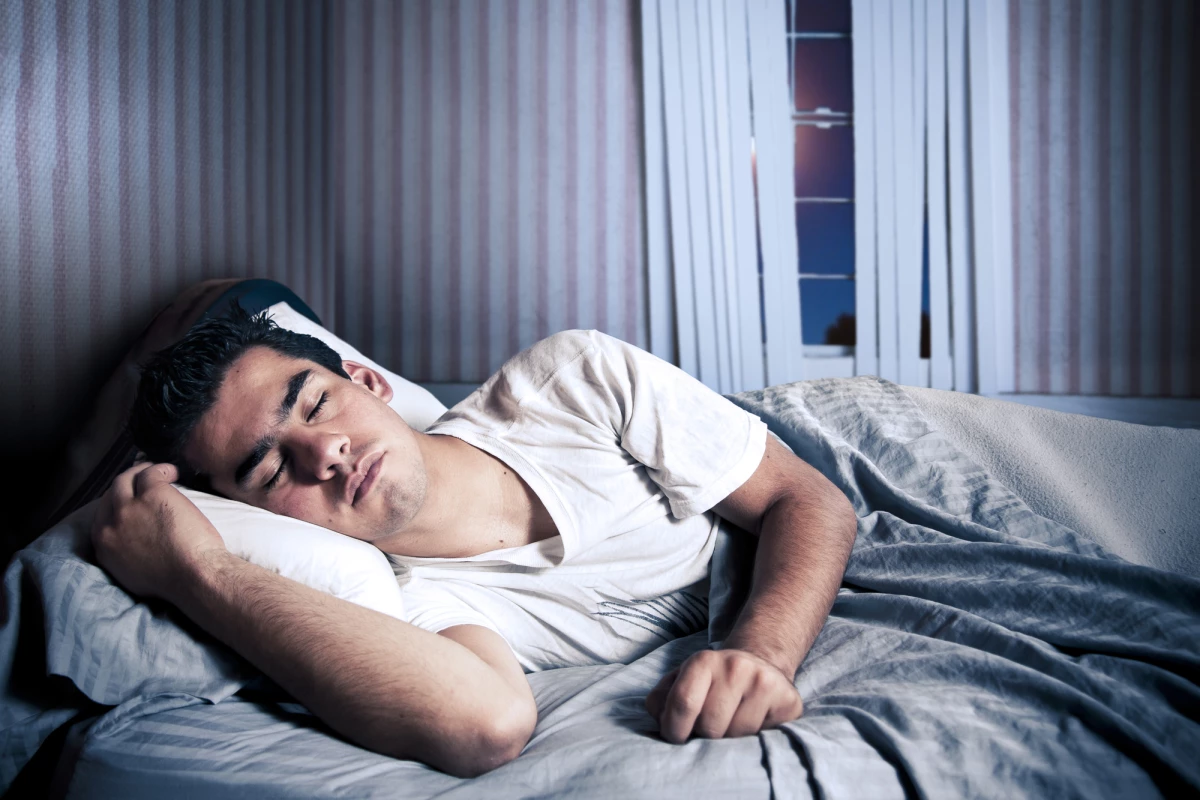We know how diet can affect general health, but what effect does it have on sleep specifically? A new study has found that what we eat can directly affect our sleep quality.
Good nutrition and good sleep are fundamental to health; both enable our bodies to stay healthy and fight diseases. While they have an important relationship, it’s a complicated one involving multiple interconnected body systems. The bottom line is that recognizing the link between sleep and nutrition and optimizing both is important for ensuring good health.
Previous studies have examined how what we eat affects our sleep. However, few studies have considered how different diets directly affect sleep quality. Now, a new study by researchers at Uppsala University in Sweden has examined whether and how different diets impact sleep.
“Both poor diet and poor sleep increase the risk of several public health conditions,” said Jonathan Cedernaes, corresponding author of the study. “As what we eat is so important for our health, we thought it would be interesting to investigate whether some of the health effects of different diets could involve changes to our sleep.”
The researchers recruited 15 healthy male participants and randomly fed them either a high-fat/high-sugar (HFHS) or a low-fat/low-sugar (LFLS) diet. They weren’t told in advance what kind of diet they’d be eating. Participants were instructed to keep to their usual sleeping habits – seven to nine hours a night – and asked to record their daily sleep in a sleep diary.
At the end of each dietary intervention, the participants’ sleep was monitored in a sleep laboratory. The researchers found that while participants slept for the same amount of time regardless of the diet they ate, there were differences in sleep quality between the two groups.
“Specifically, we looked at slow-wave activity, a measure that can reflect how restorative deep sleep is,” said Cedernaes. “Intriguingly, we saw that deep sleep exhibited less slow-wave activity when the participants had eaten junk food, compared with consumption of healthier food. This effect also lasted into a second night, once we had switched the participants to an identical diet. Essentially, the unhealthy diet resulted in shallower deep sleep.”
Slow-wave sleep, also known as deep sleep, is thought to play an important role in restoring the brain and the consolidation of memories. It consists of stage 3 non-rapid eye movement (NREM) sleep, usually lasts between 70 and 90 minutes, and occurs during the first hours of the night.
The researchers noted that the changes in sleep quality related to diet are similar to those seen with aging and insomnia. But they currently don’t know how long-lasting the effects of eating an unhealthier diet may be and can’t pin it on a particular substance in the diet. They’re urging further research to investigate.
“It would also be interesting to conduct functional tests, for example to see whether memory function can be affected,” Cedernaes said. “This is regulated to a large extent by sleep. And it would be equally interesting to understand how long-lasting the observed effects may be. Currently, we do not know which substances in the unhealthier diet worsened the depth of deep sleep … It would be interesting to investigate whether there is a particular molecular factor that plays a greater role.”
The study was published in the journal Obesity.
Source: Uppsala University via EurekAlert!





